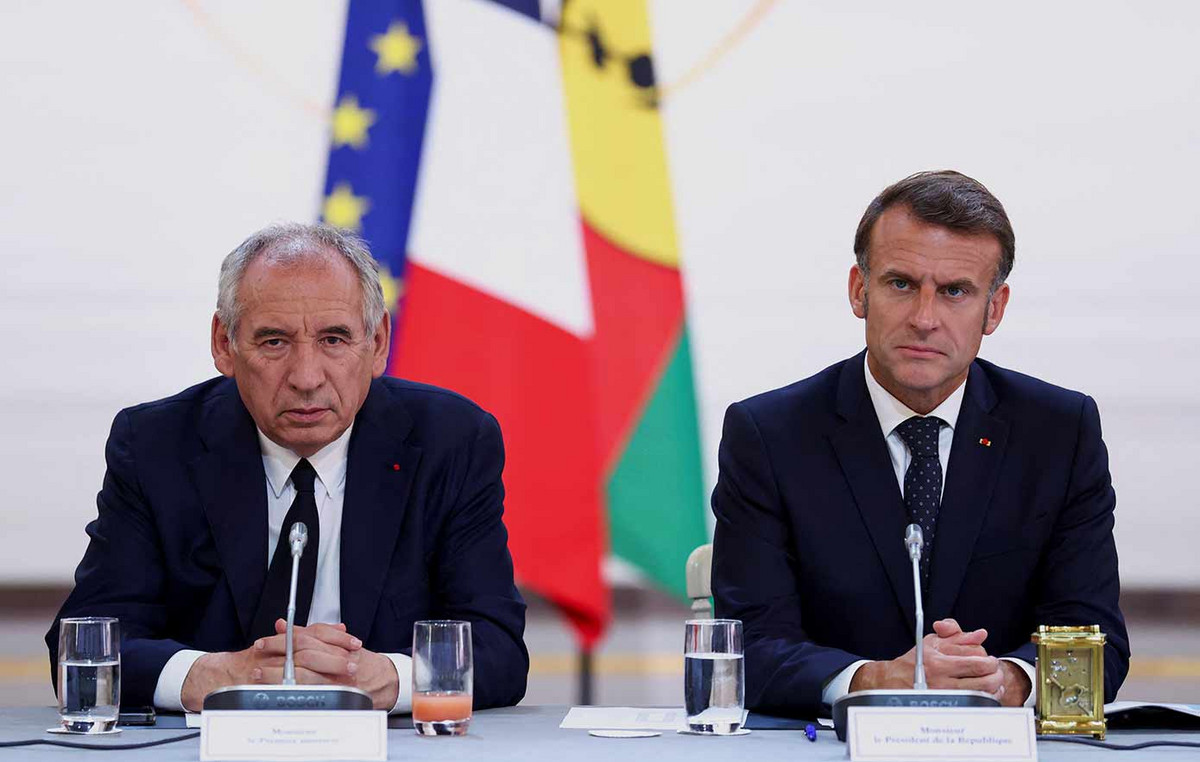The government of Alberto Fernández established a differentiated official exchange rate for foreign tourists who come to the country. According to the Central Bank of Argentina, this dollar quotation is already enabled this Friday (22) for authorized banks and exchange houses, however, the offer to the public will depend on each financial institution.
Currently, the tourist who arrives in Argentina, ends up looking for the informal money exchange market due to the enormous advantage of exchanging at values not regulated by the government, in order not to lose money, since in the parallel market, they end up getting a 100% financial advantage. at 150%.
The price offered to foreign visitors will be closer to the informal exchange market, since officially the dollar is bought at 136 pesos and on the parallel market at 341 pesos. The real is worth 25 Argentine pesos at the government-controlled exchange rate and today was traded at up to 60 pesos on Florida Street, the epicenter of exchange offices in Buenos Aires.
Under the new regulation, non-resident foreign tourists will be able to sell foreign currency at “the dollar reference value in the financial market, for a maximum amount of US$ 5 thousand (or its equivalent in other currencies) per month”. This quotation will be that of the dollar which in Argentina is known as “MEP” (Electronic Payment Market), closer to the parallel exchange rate than to the official one.
The MEP dollar is fluctuating between 315 and 327 pesos. To change to this new official value, foreign tourists will need to present the valid document with which they entered Argentina, sign a sworn declaration attesting that they are tourists and that they have not carried out financial transactions exceeding US$ 5,000 in the last few days in the country.
The Argentine government’s objective is to strengthen the Central Bank’s reserves with the dollars that enter the country. The Ministry of Tourism calculates that this year alone, US$ 1.4 billion was spent by foreign visitors, but that only 15 or 16% passed through the formal exchange market. Also according to the ministry, Brazilians represent 25% of incoming tourism in Argentina.
This Wednesday (21), the parallel exchange rate of the dollar reached a new record, and closed at 345 pesos, which causes concern among Argentines, since the fluctuation of the US currency affects local prices, accelerating inflation.
The accumulated price increase over the last 12 months in Argentina reached 64% and in June alone it was 5.3%. Inflation in July is estimated to be even higher, due to the strong devaluation of the peso following the departure of former Economy Minister Martín Guzmán at the beginning of the month. Since the announcement of his resignation, the value of the parallel dollar has increased by 44%.
In a speech on Friday, President Alberto Fernández said he will face challenges such as inflation, “those who speculate with the dollar” and “those who keep 20 billion dollars in the countryside”. According to him, there are rural sectors that are not selling agricultural products waiting for greater profitability, at a time when the country’s Central Bank needs to accumulate foreign currency. The value of exports in dollars is received at the official exchange rate.
In a statement issued after the speech, the Argentine Rural Confederations (CRA) stated that “producers do not insure soybeans or grains, they simply stagger sales over the months to finance their own expenses throughout the year. They have already wiped out the entire record wheat crop and almost the entire corn crop.”
The sector also denies that it is holding back US$ 20 billion in exports. “There would be no way, because they are the total income of the producers in a calendar year”, expressed the CRA, which states that the producers “have already contributed with foreign export currencies of US$ 3.5 billion of wheat and US$ 4, 6 billion corn in the first half.
The popular sectors, on the other hand, are increasingly dissatisfied in the streets with the crisis. Last Wednesday, protesters from organizations considered close to the government cut the main access road to the city of Buenos Aires, demanding universal aid of 15 thousand pesos (about US$ 45 in the parallel market), so that 7 million people without income fixed do not fall under the indigence line.
One of the most important leaders of the concentration, Juan Grabois, said in a speech that the population voted for Alberto Fernández “so that there would be no hunger, not so that there would be more”, and said that the population is willing to leave “blood in the streets”. so that Argentines no longer go hungry.
Asked on a television channel about the statements, he said that he prefers to “say what he thinks now and not regret when looting begins” to businesses in the country.
According to the latest official data, in the second half of last year more than half of Argentine children were in poverty. It is estimated that the situation may have worsened with the high inflation of recent months.
Source: CNN Brasil
I am Sophia william, author of World Stock Market. I have a degree in journalism from the University of Missouri and I have worked as a reporter for several news websites. I have a passion for writing and informing people about the latest news and events happening in the world. I strive to be accurate and unbiased in my reporting, and I hope to provide readers with valuable information that they can use to make informed decisions.







